Read this thread for key points from an #EBHC impact
story on how health outcomes were improved for
adolescents with #SickleCellDisease.
story on how health outcomes were improved for
adolescents with #SickleCellDisease.
Sickle cell disease is a serious, inherited, lifelong condition that affects most countries in the African region. It is associated with a very high rate of mortality of about 50-90% & lifelong morbidity. In some areas of sub-Saharan Africa, up to 2% of all children are born SCD. 

Adolescents with sickle cell disease have the highest rate of morbidity as they struggle to manage their condition through early recognition of signs & symptoms, when to seek medical care & in practicing routine selfcare behaviours. 
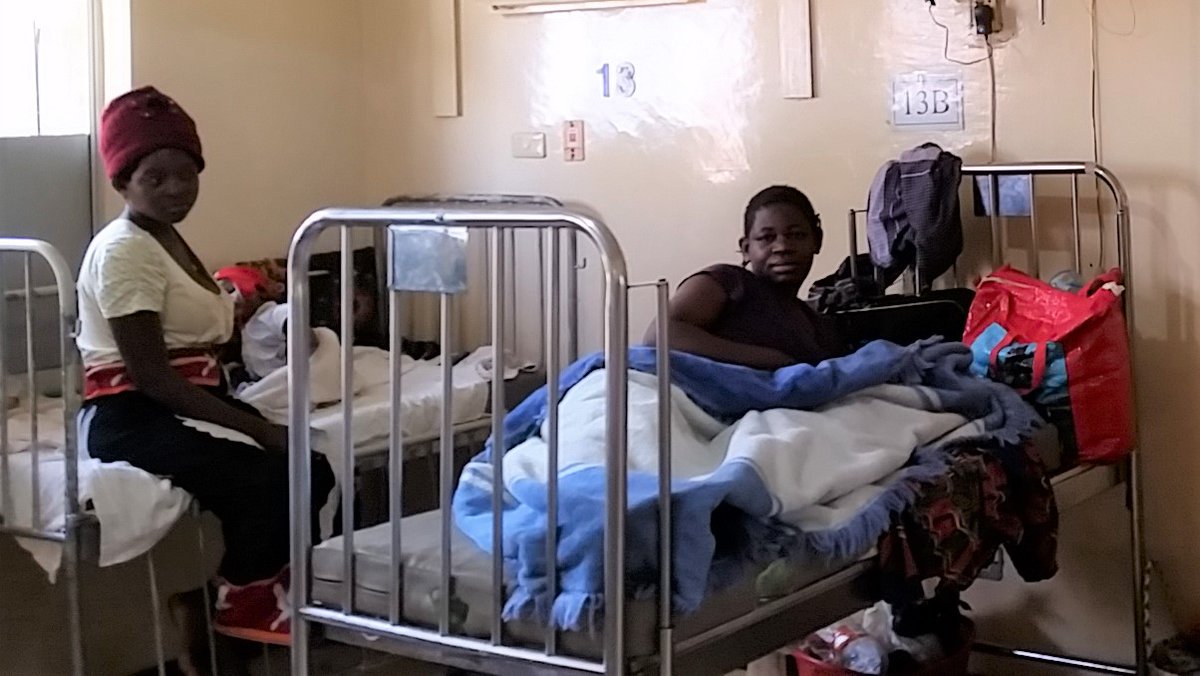
Chikondi Chimbatata, an Advanced Childhood Nurse in Malawi, implemented #EBP focusing on adolescents with sickle cell disease as they transition from paediatric primary to adult primary care. 
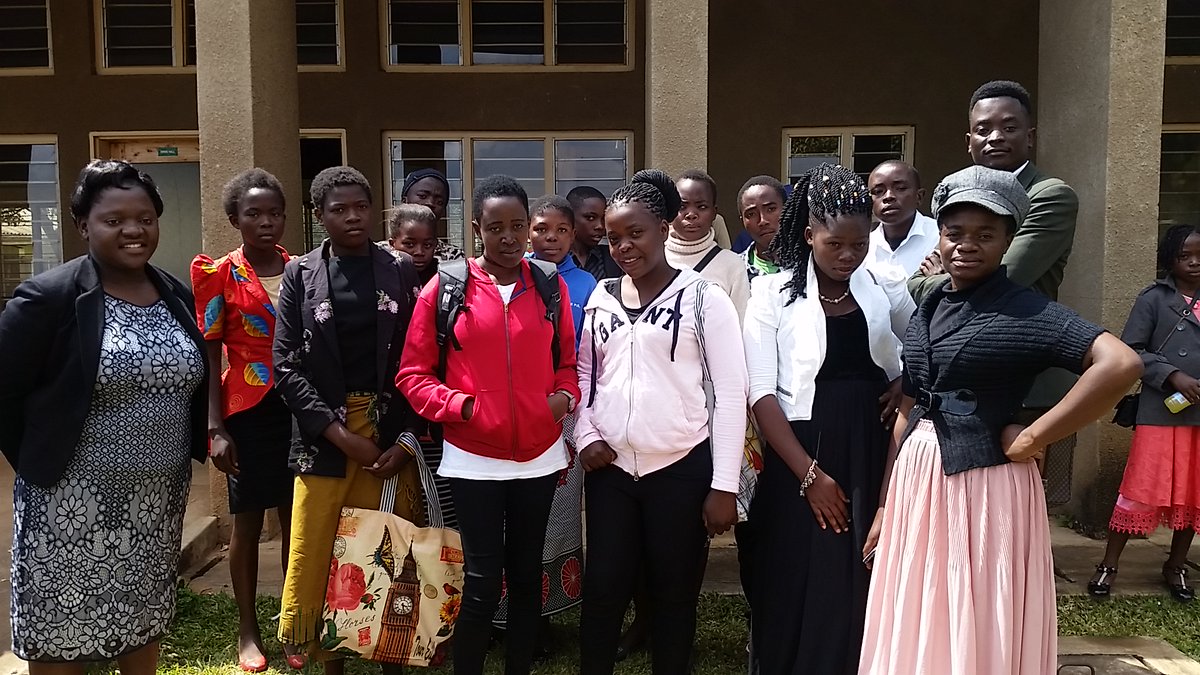
Evidence suggests that adolescents with sickle cell disease have limited disease knowledge. Therefore, these patients may benefit from educational interventions given that they are transitioning to take increasing responsibility for their own condition. 
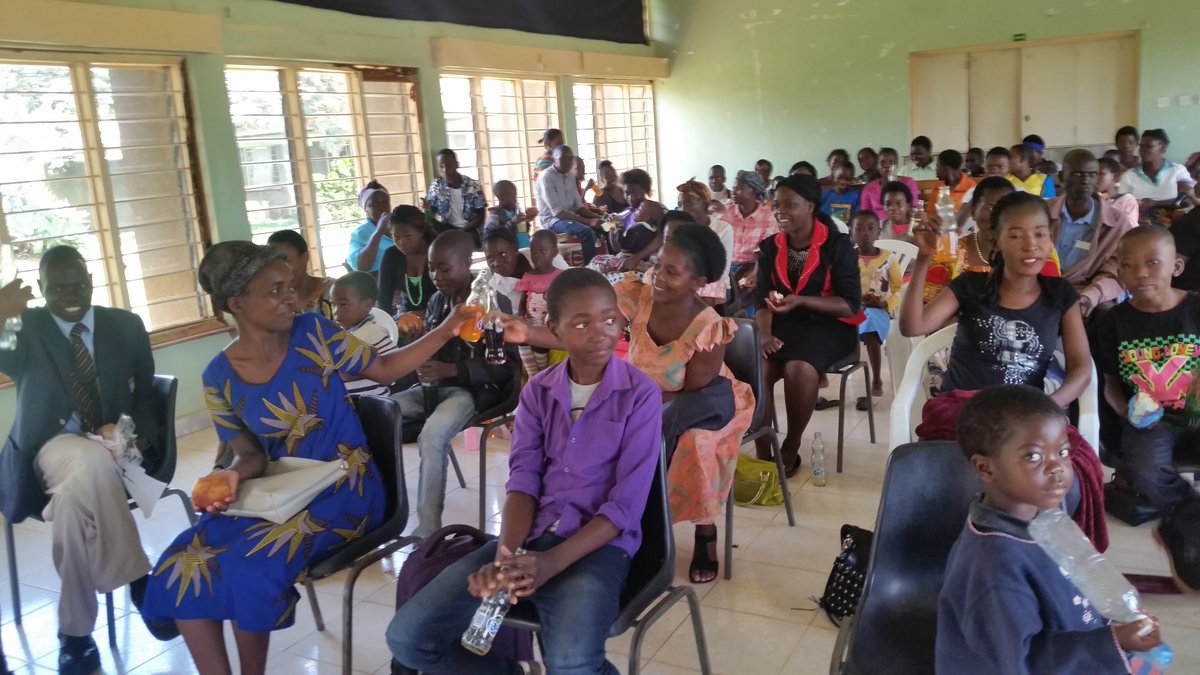
Chikondi conducted a clinical audit at her hospital which demonstrated that current health education practices by nurses were suboptimal in part due to inadequate knowledge & limited opportunity for education & counselling. There were no existing guidelines for use by nurses. 
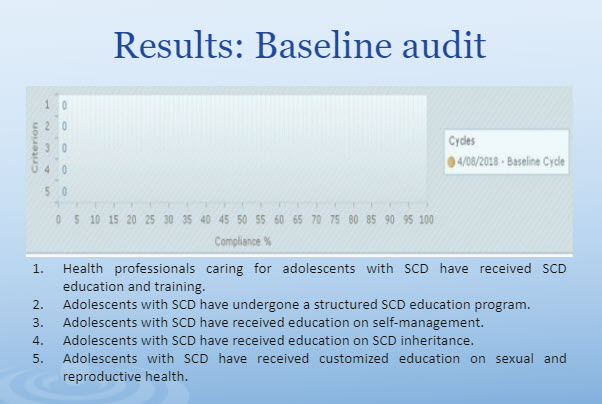
Structured education and training programs were conducted not only for the adolescents, but also for healthcare professionals caring for adolescents with sickle cell disease in order to improve adolescents’ disease knowledge and #EBP self-care management practices. 
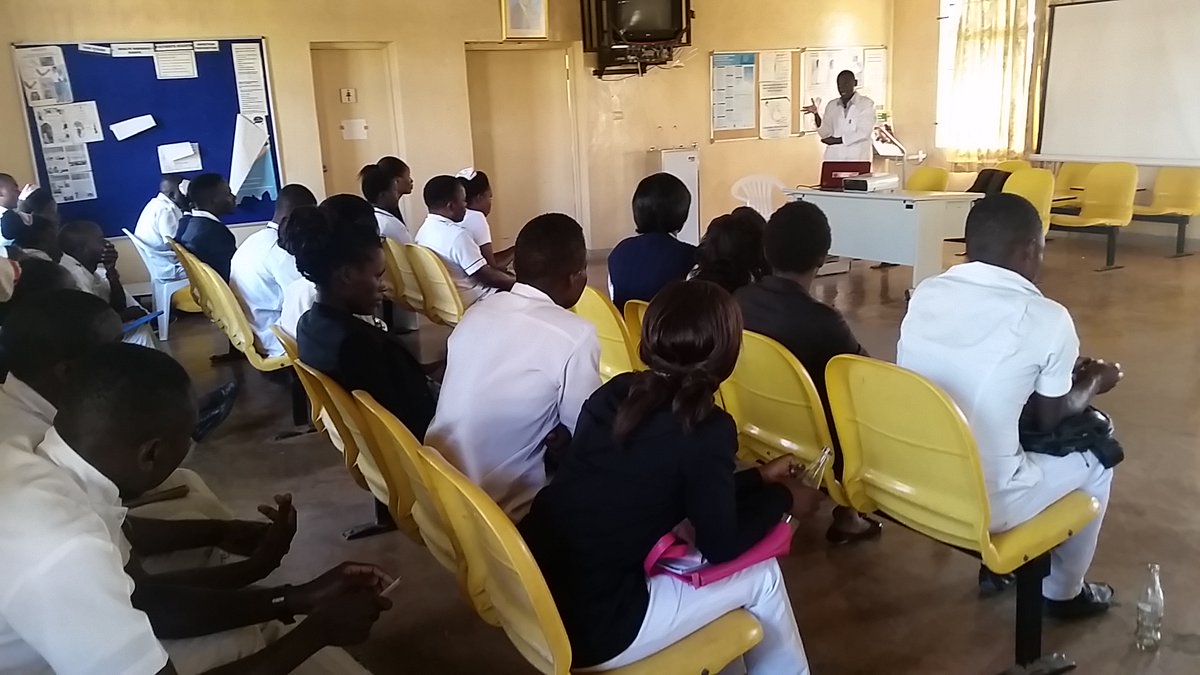
Adolescents who attended the interactive education sessions facilitated by the nurses increased their knowledge of sickle cell disease from 26% to 72%. Importantly, their knowledge of self-care practices increased from 20% to 74%. 

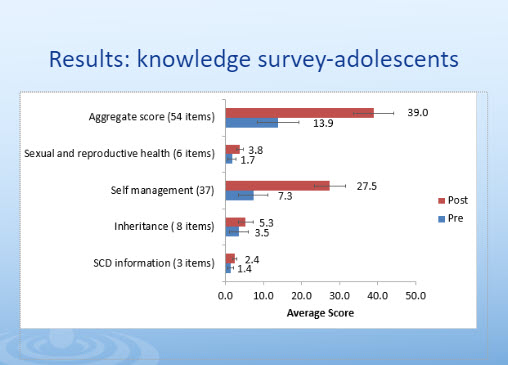
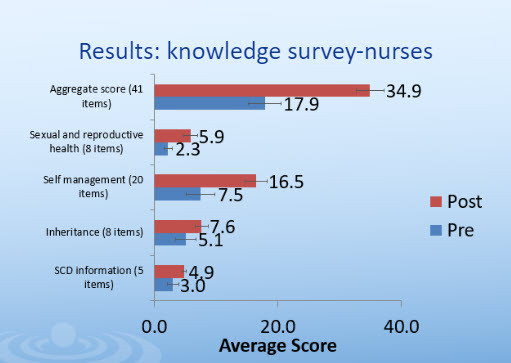
Want to know more? Read Chikondi’s impact story and watch her impact story video at jbi.global/our_impact/sto…
• • •
Missing some Tweet in this thread? You can try to
force a refresh











